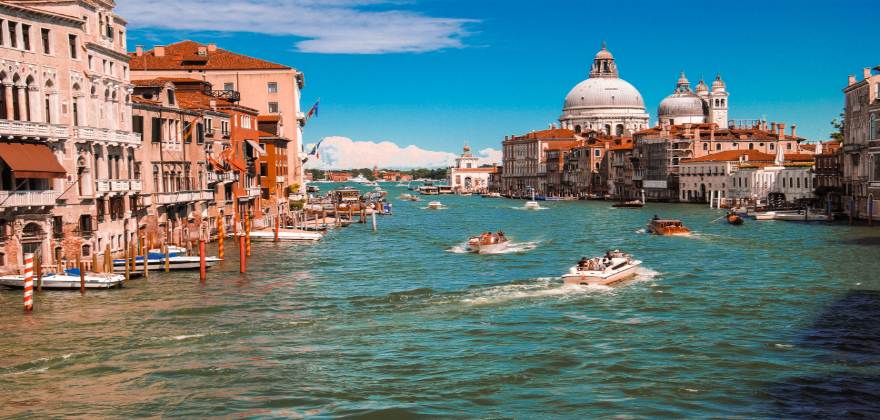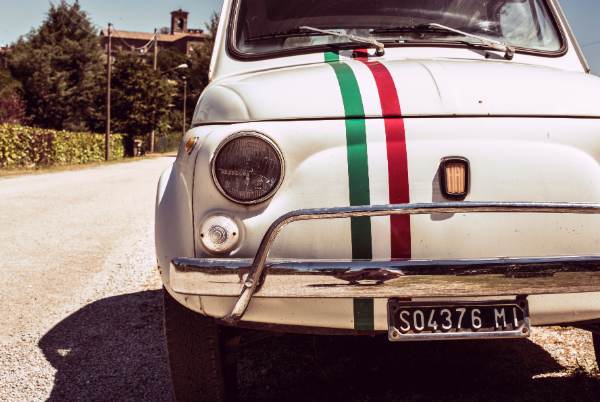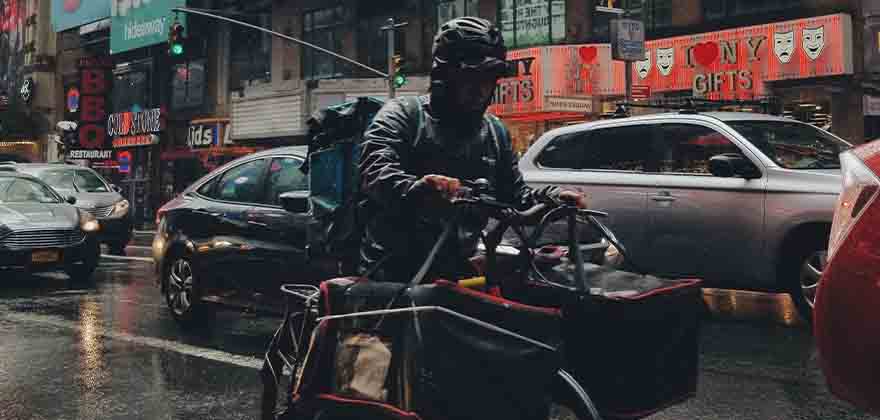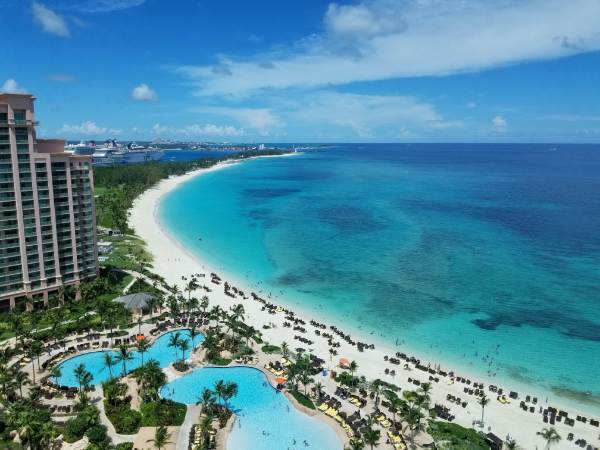How To Get Safe Travels In Italy?

The southern European nation of Italy is regarded as the birthplace of Western culture. It is generally safe to travel in Italy because there is a well-developed tourist infrastructure and a wide range of essential services available. Read the article and learn how to be safe when traveling to Italy.
How Safe Is Italy
You should travel to Italy because it is essentially the origin of Western culture (thanks to the Romans) and has a staggering number of World Heritage Sites. It’s also a generally safe country, which is a bonus.
However, a truckload of tourists also accompanies all of these attractions, which leads to petty theft.
Even though there may not be much violent crime, pickpocketing and other similar crimes are fairly common.
Italy clearly has a long history of organized crime, which is sadly still present today. It has actually been happening for centuries. In Italy, there are five major mafia organizations that are still very active. They are all well-known. Tourists are typically unaffected, but certain factors might have an effect on your trip.
Nature can also be unsettling. There can be earthquakes and volcanic eruptions. When skiing, you should be aware of avalanches, and in the summer, forest fires can occur.
Warnings & Dangers In Italy
- Overall Risk: Low
You should feel safe traveling to Italy because it is one of the world’s safest nations, coming in at number 34 and because it is constantly bustling with tourists.
- Transportation And Taxi Risk: Low
In Italy, public transportation and taxis are typically secure, so there is no reason to avoid them.

- Pickpockets Risk: High
Naturally, there is a high risk of pickpocketing given how alluring and well-liked Italy is as a travel destination. Make sure nothing valuable is in your back pockets, keep your valuables in a secure location, and avoid keeping all of your money in one location.
- Risk Of Natural Catastrophes: Medium
Avalanches are among the worst natural disasters that could occur in Italy, though it is unlikely that they will. White Friday is the name given to the day when one of the worst avalanches in Italian history occurred, killing 270 people during World War I.
- Mugging Risk: Low
Although muggings and kidnappings are extremely rare in Italy, especially involving tourists, you should still be aware of your surroundings.
- Terrorism Risk: Medium
Given that both Italy’s neighbors, France and Belgium, have experienced terrorist attacks, it is best to remain vigilant and aware of your surroundings. Italy, however, has not experienced such occurrences.
- Scams Risk: High
You should anticipate people trying to profit from a nation being a popular tourist destination. This rule also applies to Italy, where con artists will probably try to take advantage of travelers and rip them off whenever they can, typically in sizable, well-known cities and tourist hotspots.
Watch out for anyone attempting to divert your attention, offer to help you with your luggage, or act strangely in groups.
- Risk To Women Travelers: Low
Italy is extremely safe for female travelers, just like other well-known European locations.
Is Italy Safe To Visit
Travel to Italy is entirely secure. Italy welcomed 58.3 million visitors in 2017, an increase of 4.4% from the previous year! Italy is experiencing a tourism boom on a grand scale. Of course, almost everyone eventually travels to Rome. A slice of the pie for it goes to 27 million people.
In fact, Italy’s tourism industry has flourished to the point where, in 2017 (and for the first time), the number of visitors from other countries staying in hotels outnumbered those Italians who were traveling domestically. Given that Italians favor domestic travel over international travel, this is significant.
Italy’s top tourist destinations experience significant overcrowding during peak season, similar to many other places around the world.
In fact, there is a rising anti-tourism sentiment, especially in the UNESCO-designated Cinque Terre and Venice, where residents have actually demonstrated against tourists.
However, Italy ranks 38th out of 163 nations in terms of safety when the Global Peace Index for 2018 is taken into account. That’s a respectable result.
But as was already mentioned, there are significant problems with organized crime that are pervasive across the nation and have a direct impact on 22% of people. There have been murders, including those of judges and attorneys, more so in southern Italy than in the north. You won’t be impacted by this, though.
Safety In Public Places
Petty theft is the main thing to watch out for in Italy. Pickpocketing and bag snatching are just two examples of the small-scale crimes that are frequently committed in crowded tourist areas in Rome, Florence, and Venice. Be cautious with your belongings and leave pricey jewelry or watches at home.
Be cautious if you happen to be using the Circumvesuviana train system between Naples and Sorrento. This route is frequently frequented by beggars and pickpockets, and frequently there is no seating, which makes it simple for small-time theft to happen.
There are numerous scams out there that travelers may fall victim to. Be careful what you buy because some locals in heavily traveled areas sell fake leather goods and “designer” goods. If you are caught buying fake goods, you risk receiving a fine in the thousands of euros!
In Italy, beggars are a common problem, especially among older Romani women who might be carrying young children. They are typically exploited and a small portion of donations go to the beggars themselves; instead, they are a part of a large syndicated network of beggars.
Babies are frequently sedated to prey on tourists’ guilt, and if you start interacting with beggars and don’t give them money, they might turn violent.
Make sure the organizations you choose to support are reputable before you donate if you want to support charitable causes in Italy.
The Mafia is perceived by many tourists who haven’t been to Italy as being a major issue in the area. This is mostly untrue; despite Mafia activity, which is particularly prevalent in Naples and Sicily, tourists are hardly ever involved in it.
Although they don’t happen often in Italy, natural disasters can be dangerous. There are three major active volcanoes in the nation: Mt. Vesuvius near Naples, Mt. Stromboli on the island of Stromboli, and Mt. Etna in Sicily.
If eruptions take place, they may interfere with travel plans. Venice is prone to flooding, particularly in the early winter (November–December), when rainfall is heavy and the lagoon swells during high tide.
Follow local advisories when traveling during this time because low-lying areas in Venice, like Piazza San Marco, frequently flood during high tide.
Safety Tips For Traveling In Italy
- Don’t advertise wealth with excessive jewelry when in public
- Be aware in busy markets, piazzas, and on public transport
- Watch your belongings in busy tourist areas
- Beware of beggars
- Try to dress like an Italian
- Use pedestrian crossings
- Clue yourself up on the weather before skiing
- Check for severe weather warnings
- Carry ID on you at all times
- Know that you don’t have to tip the musicians near restaurants
- Don’t buy counterfeit bags on the street



